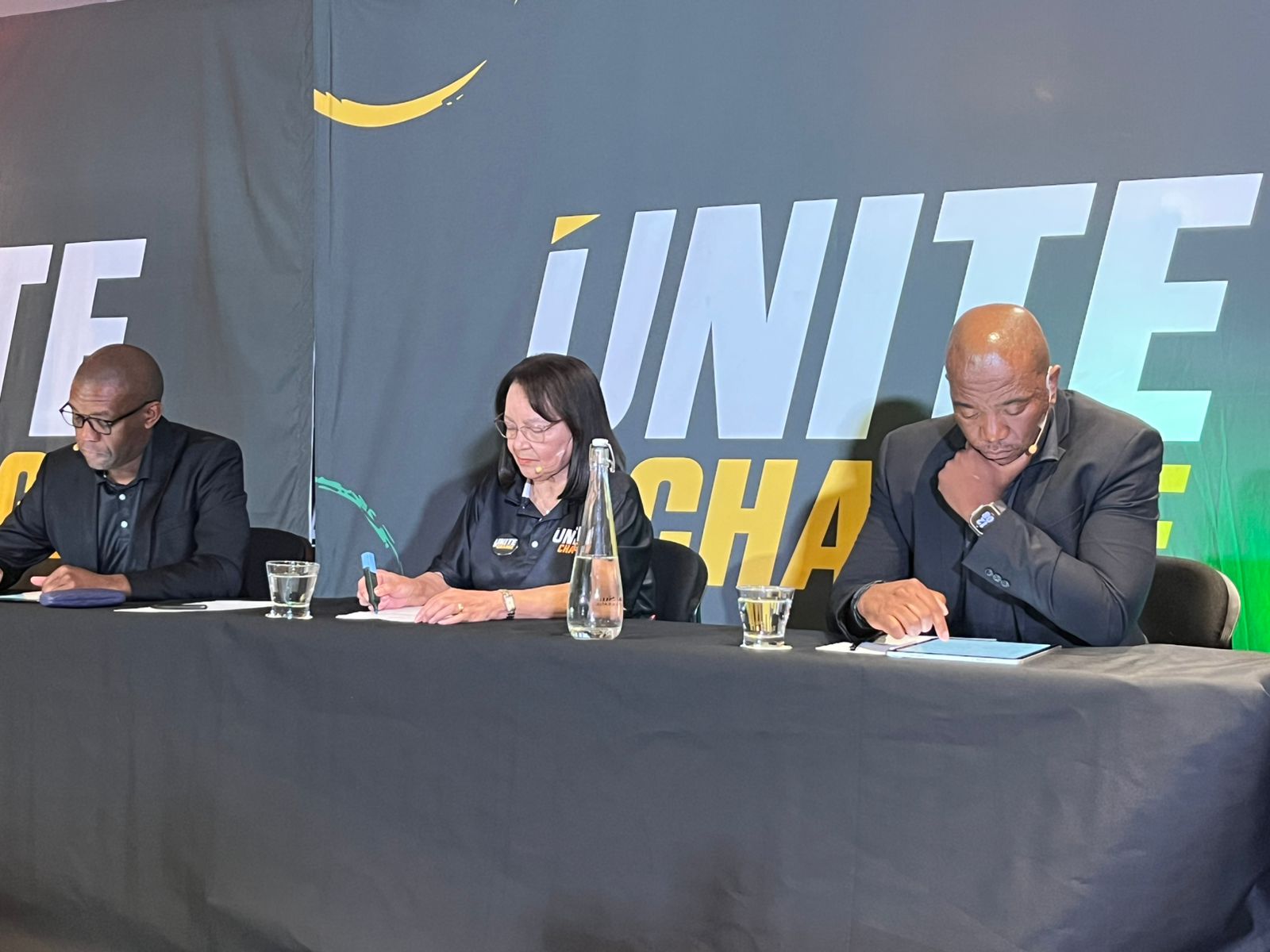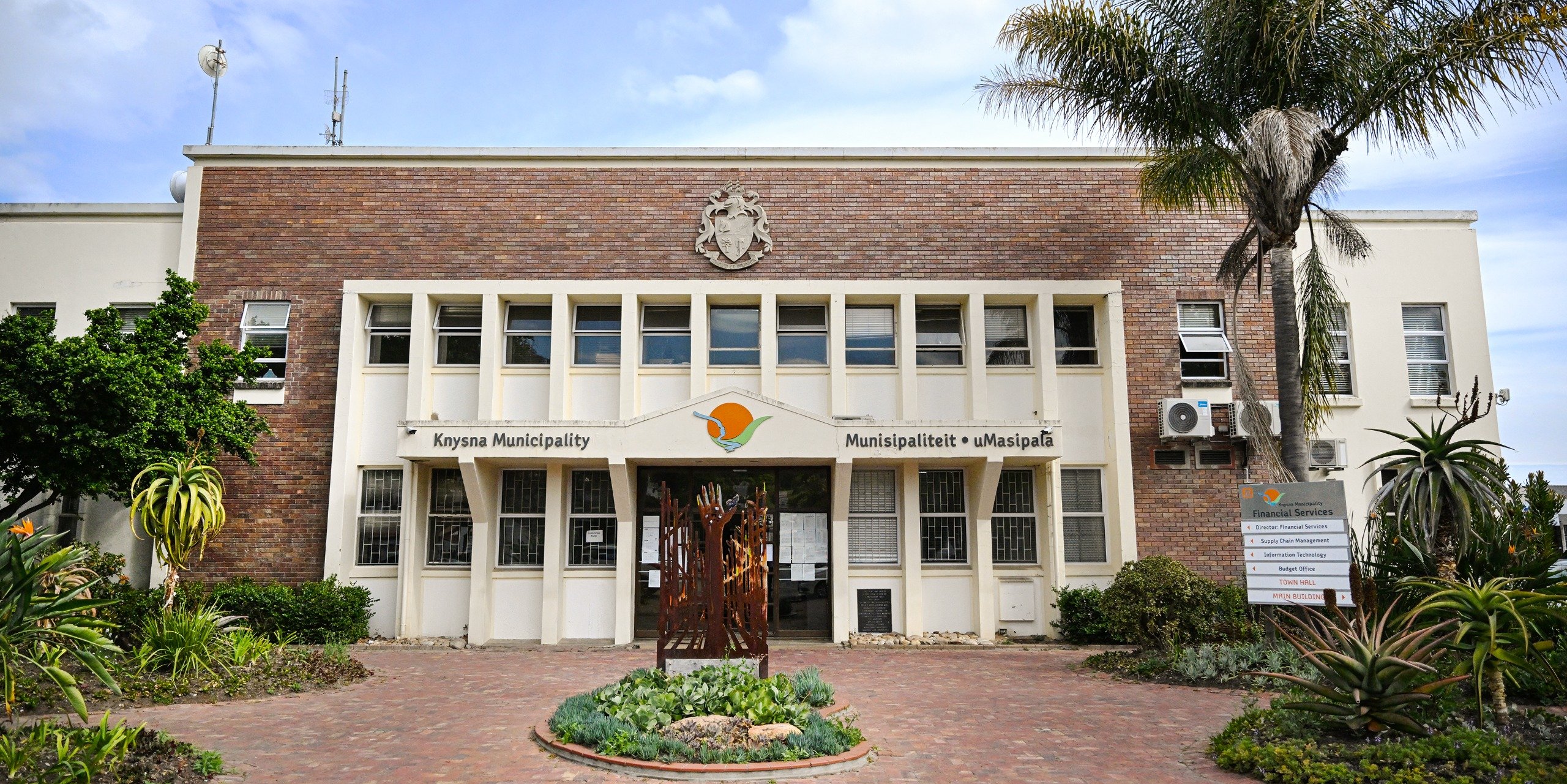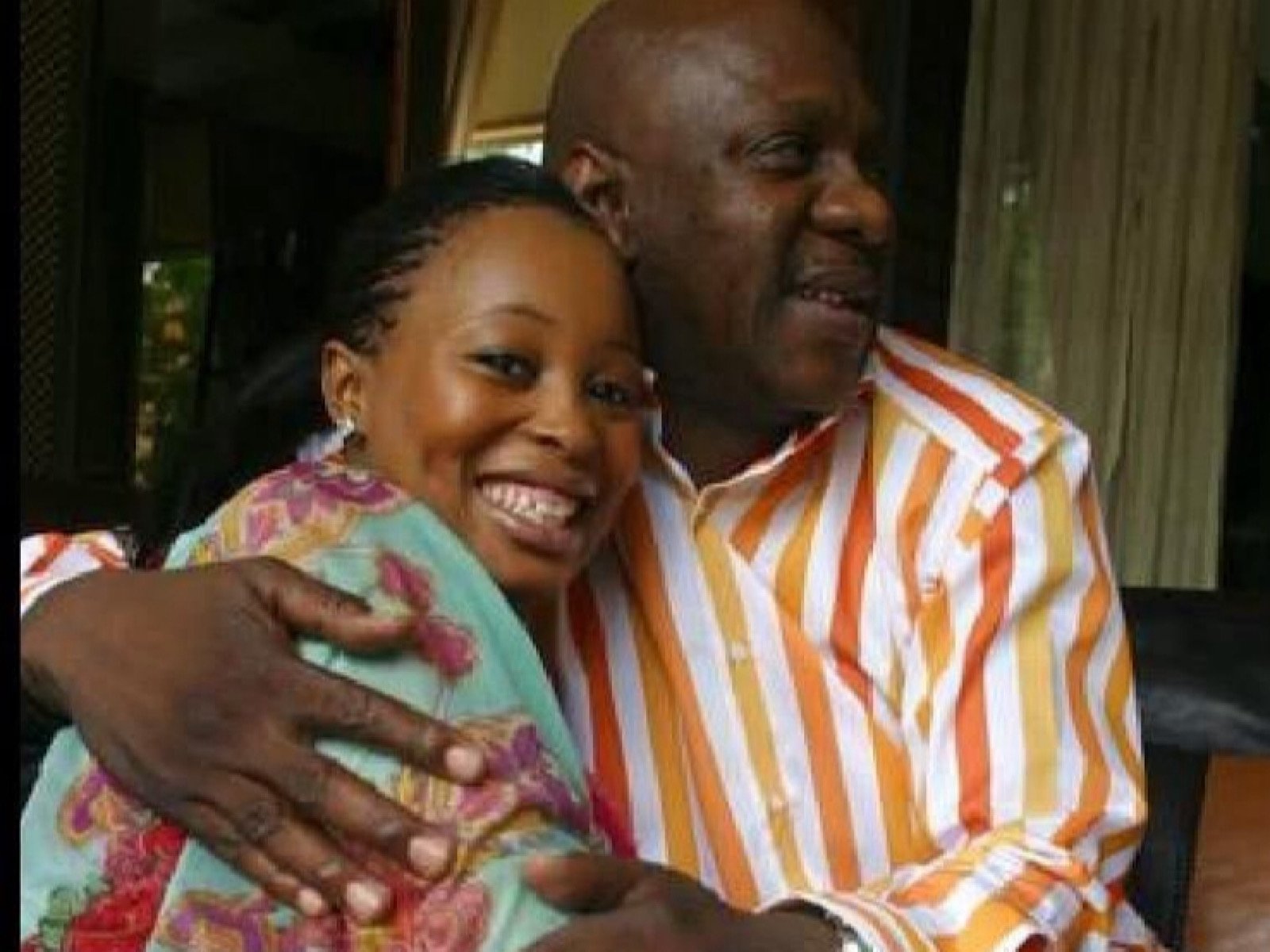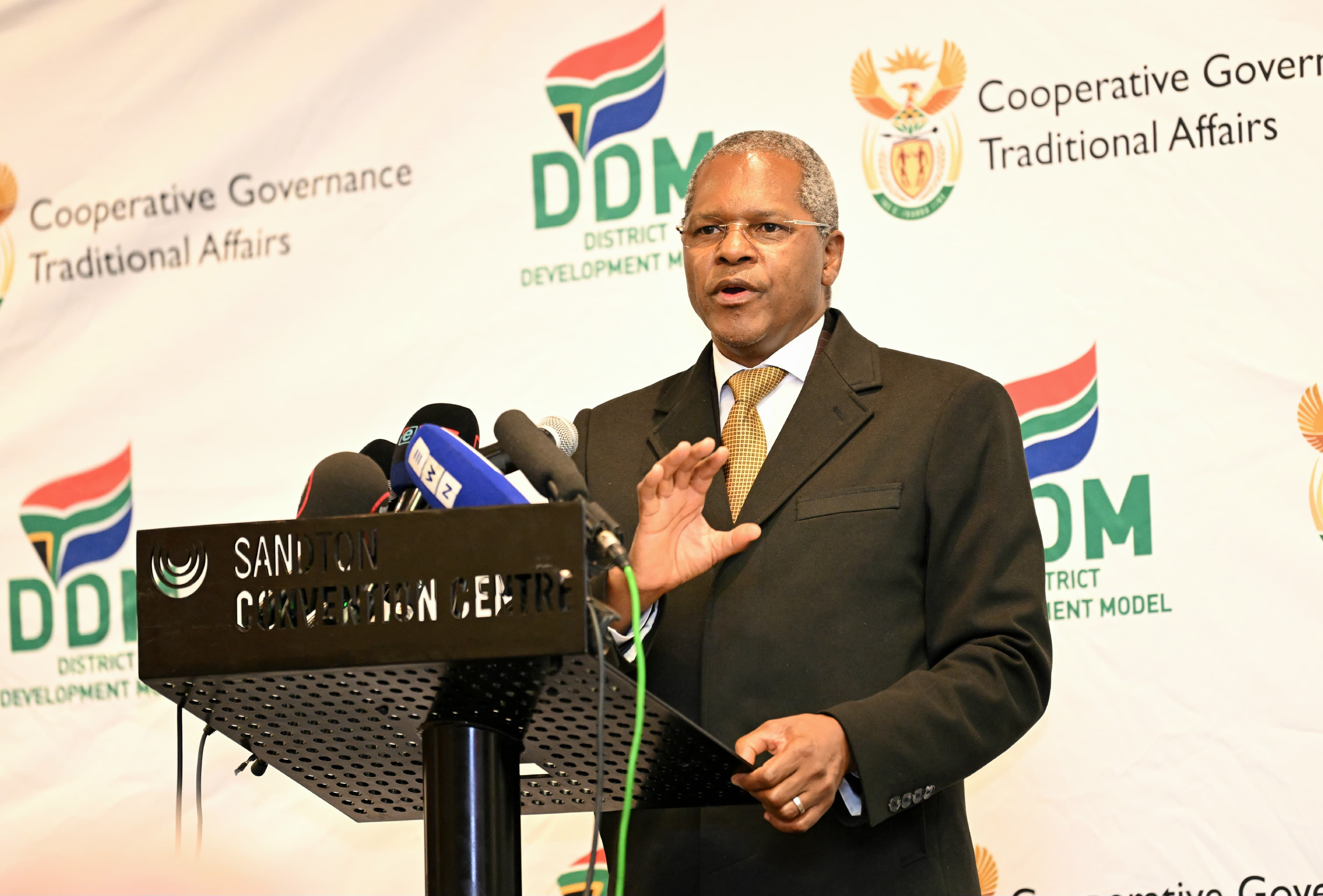"Unite for Change": New Political Alliance Formed by BOSA, GOOD, and RISE Mzansi
In a significant development ahead of the 2026 local government elections, Build One South Africa (BOSA), the GOOD Party, and RISE Mzansi have announced the formation of a new political alliance called "Unite for Change." This alliance aims to offer a credible alternative to voters by presenting unified candidates and promoting collaboration.
Alliance Formation and Goals
Mmusi Maimane, leader of BOSA, described "Unite for Change" as a "special purpose vehicle" designed to bring South Africans together. He emphasized that this is not a merger but a "pre-coalition pact" focused on maximizing electoral strength through shared values, transparent candidate selection, and community-focused leadership. The alliance will be registered with the Independent Electoral Commission (IEC) as a political party, although member organizations will retain their individual identities in Parliament and legislatures.
Addressing Political Fragmentation in South Africa
The formation of "Unite for Change," or Unite for short, comes at a time when the ANC's share of the vote is declining, and internal divisions are weakening the party, leading to the emergence of breakaway parties. While the DA has struggled to significantly increase its support, several microparties have gained representation in local councils, where they often act as kingmakers. This situation has led to frequent changes of government in many municipalities. Unite appears to be an attempt to reverse this trend and provide a viable alternative to the established political players.
Key Figures and Vision
Despite RISE Mzansi, BOSA, and GOOD collectively winning less than 1% of the 2024 national vote, they are led by well-known figures: Songezo Zibi, Mmusi Maimane, and Patricia de Lille. Vuyiswa Ramokgopa of RISE Mzansi stated, "We have put aside our differences to build an offering that citizens can unite around to bring change and hope to villages, towns and cities across South Africa." The parties aim to present voters with "a credible and consolidated alternative to the lack of real options South Africans face on the ballot paper."
Comparison to the Moonshot Pact and Future Plans
The new entity has similarities to the Multi-Party Charter, or the Moonshot Pact, which saw the DA, FF+, IFP, ActionSA, and others agreeing to work together in a coalition to potentially remove the ANC from power. However, Unite differs in that it will be registered as a single political party ahead of the 2026 elections. Current councillors, MPs, and MPLs will continue serving under their existing party banners. In 2026, the constituent parties will select candidates to run under the Unite banner. Plans for the 2029 national elections are still in their formative stages.
Challenges and Priorities
South Africa faces significant challenges, including high unemployment, rising crime rates, service delivery failures, gender-based violence, and corruption. Zibi has emphasized the need for a political center that includes leaders from civil society and community activists. The merged entity plans to pool resources to run more efficient campaigns and present a unified message to voters. For Maimane, the merger is about collaboration and competence. De Lille framed it as a response to endemic corruption, stating, "We are sick and tired of corruption, greed, and stealing. The government must act with urgency."
Campaign Priorities for 2026 Local Elections
As Unite for Change prepares to contest the local elections, its campaign will focus on five key priorities to strengthen municipalities:
- Capable and ethical leadership: Promoting values-based leadership, ending cadre deployment, and rooting out corruption.
- Local economic recovery: Driving jobs and growth through local investment in the digital, creative, care, and tourism sectors.
- Dignity through basic services: Ensuring access to water, electricity, refuse collection, public transport, housing, and healthcare.
- Safety and justice: Tackling crime, corruption, and violence, upholding the rule of law, and ensuring legal and productive immigration.
- Digitization: Using technology to improve planning, maintenance, resource allocation, and corruption-free procurement.
 Visit the website
Visit the website






